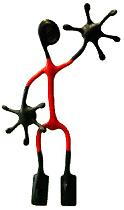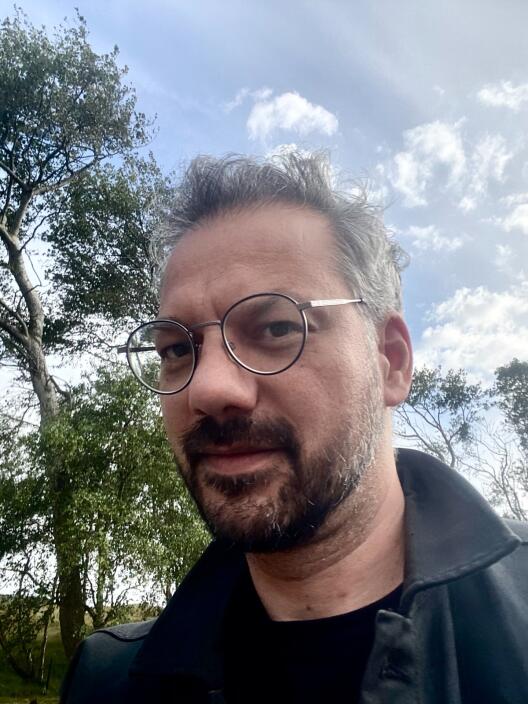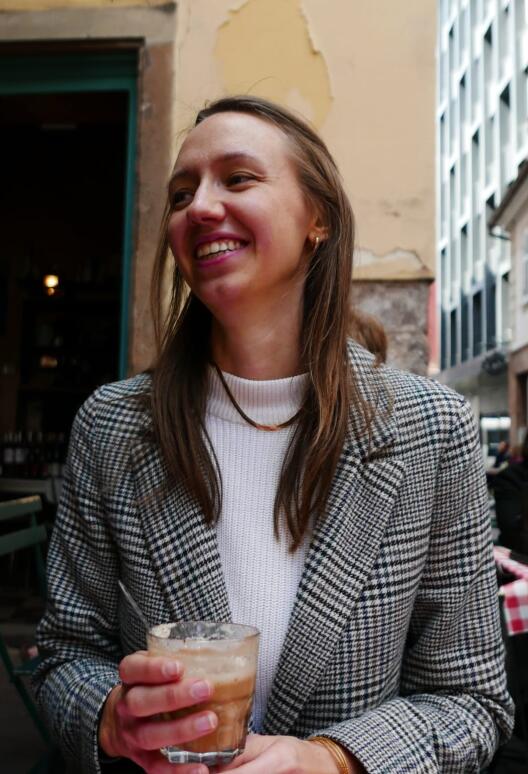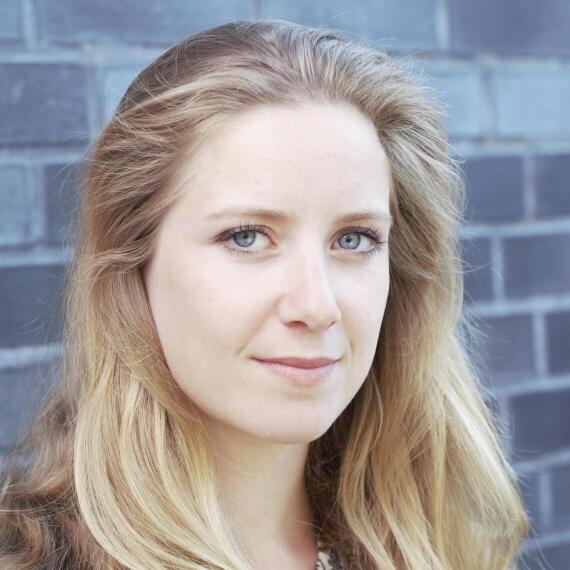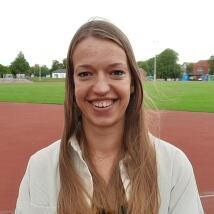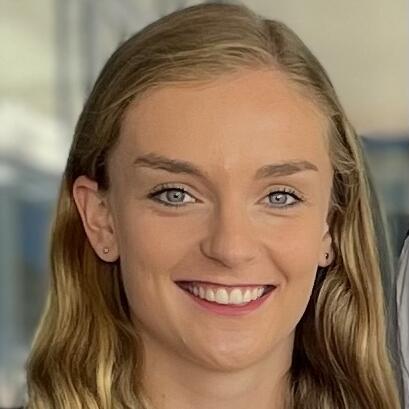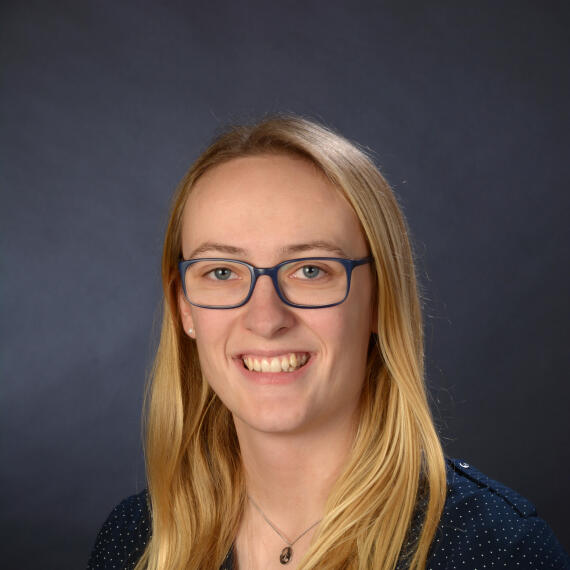Prof. Dr. Heiko Wagner
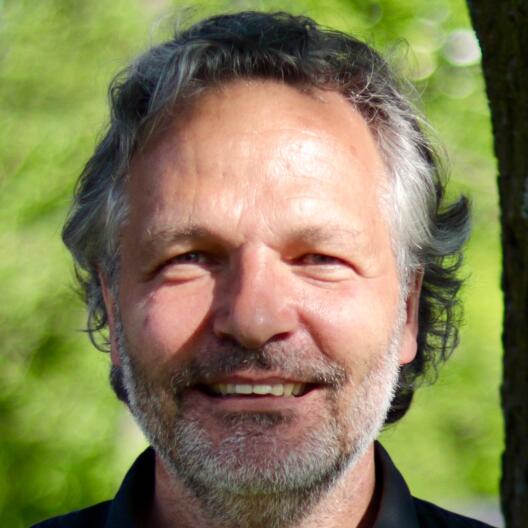
Heiko Wagner studied Physics and Sports at University of Frankfurt and wrote his doctoral thesis on the subject: "Zur Stabilität der menschlichen Bewegung" (On stability of human movement). In the year 2004, he finished his Habilitation at University of Jena, entitled "Selbststabilisierung als Prinzip der Bewegungswissenschaft: (Selfstability as movement science principle).
Self-stability is based on both the mechanical properties and the learned movement patterns of the subjects. Therefore, there is a deep connection between the motor control system, including reflexes and inter-muscular coordination, and the biomechanics and anthropometry of the subject. While trying to understand the biomechanics of motor control it is necessary to bridge the gap between different scientific fields, i.e., mathematics, physics, biology, biomechanics, medicine and physiotherapy, psychology, robotic engineering and others.
Even though the experimental methods have been improving over the last decade, it is still impossible to measure the complex neuromuscular signals within the body. Therefore, we develop computational models to analyse the sensorimotor control of humans and animals.
Heiko is now working on the following topics:
- Biomechanical analyses to investigate how humans and animals can perform highly accurate and stable motions.
- Development of muscular-skeletal models based on biomechanical time-invariant properties.
- Experimental and analytical methods in biomechanics and nonlinear dynamics.
- Analysing the self-stabilizing properties of the musculoskeletal system in human and animal locomotion.


